#federal laws
Explore tagged Tumblr posts
Text
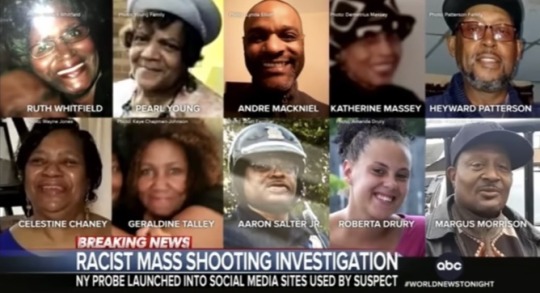
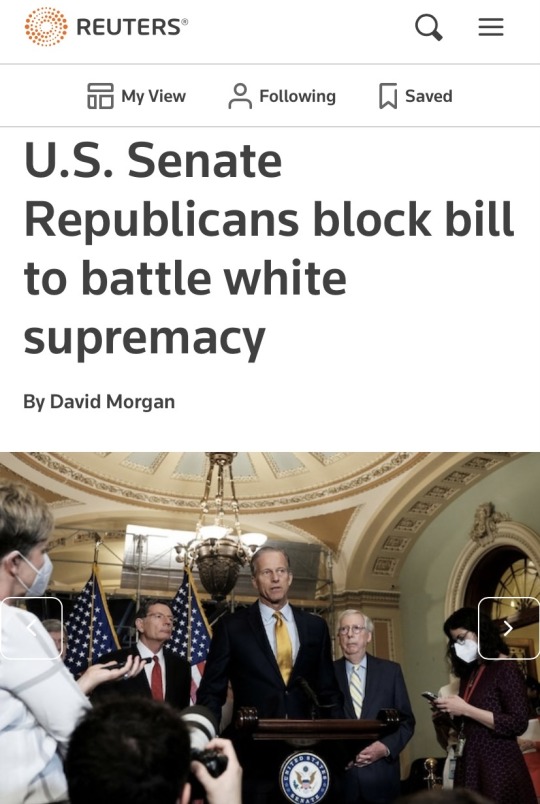
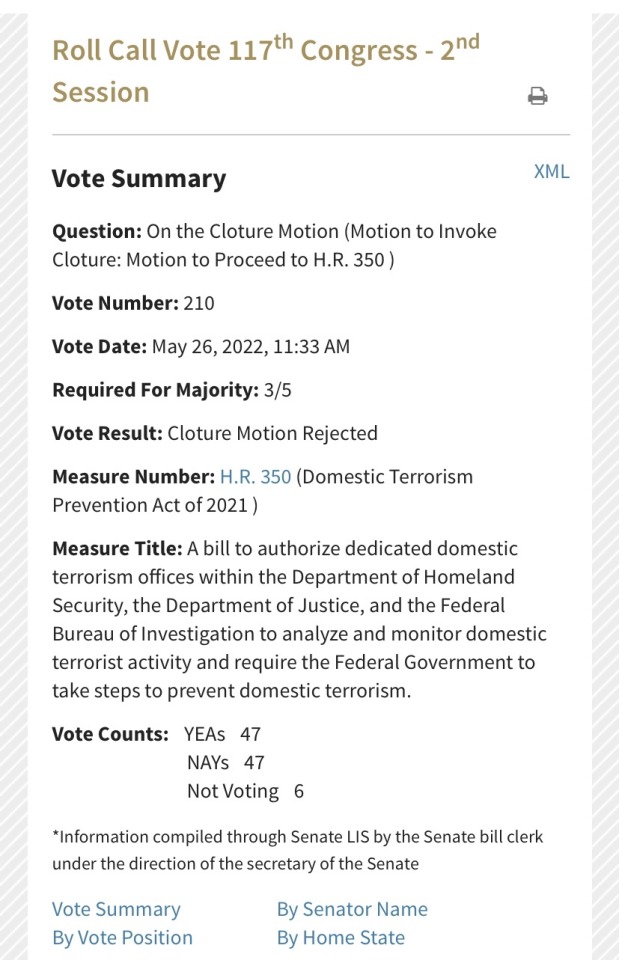
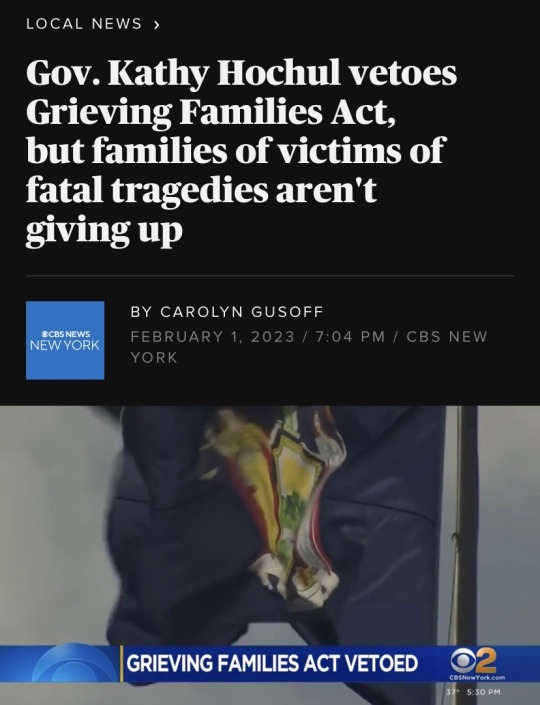

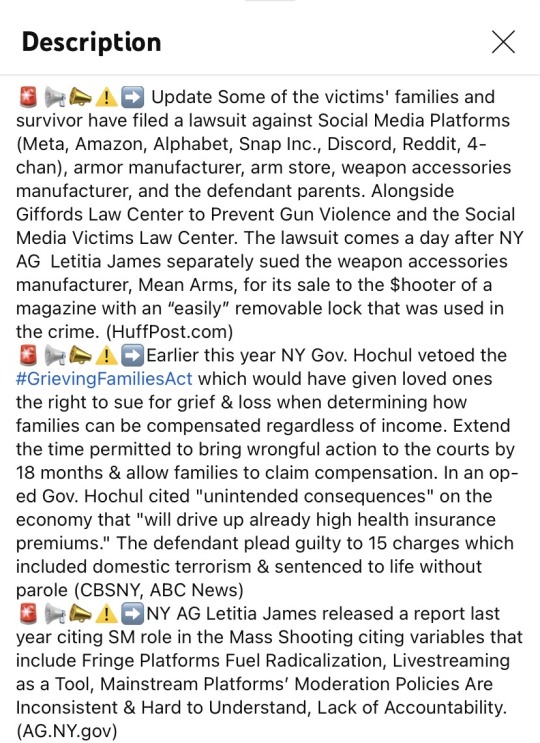

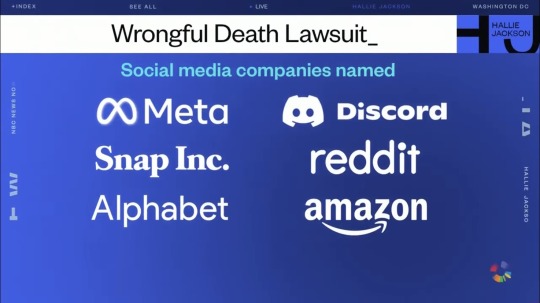
#buffalo massacre#say their names#grieving families act#domestic terrorism prevention act#state laws#federal laws#legislative branch#this is america#full commentary#fanbase app#youtube
2 notes
·
View notes
Text

#bernie sanders#bernie#senator#senate#senator sanders#politics#political#us politics#education department#federal funding#federal jobs#federal government#donald trump#news#president trump#elon musk#american politics#jd vance#law#doge#linda mcmahon#jobs#school#education#teachers#professors#america#american#us news#united states
4K notes
·
View notes
Text
Please pray for all those going to the March for Life this week, that they put their trust in God and not in princes.
#tower of babble#christianity#catholic#prayer request#march for life#pro life#:/ my mom is all oooo I hope trump comes he came to the last one - LIKE GIRL???#HE SUPPORTS THE DEATH PENALTY. THATS NOT VERY PRO LIFE OF HIM. HE IS A PRINCE PROMISING LIFE#WHEN YOU SHOULD KNOW THAT ONLY THOSE THAT EAT THE BREAD OF LIFE TRULY LIVE#I just….ughhhhh pro life is good that’s great but if you’re not putting in the fucking work to SUPPORT life you don’t actually save anyone#where’s the ample federally enforced parental leave#where’s the protections for pregnant people in the workplace#where’s the protecting for immigrants and the homeless and the destitute???#criminalizing a murder at one point but enshrining murder at another in law isn’t pro life#it’s pro ��keep these suckers on the hook to keep myself in their good graces until I can kill them’#*chewing off my own arm* God send your grace on all peoples.#and have trump renounce his worldly life to become a Trappist monk with a vow of silence if it be your will. bc I know that’s mine.#ultimately my pro life stance hinges on respect for human life and if we don’t have a society that respects human life#criminalizing specific acts of disrespect for human life will never foster a pro life society#because of how they can be abused to target specific groups and appeal to further disrespect for human life
163 notes
·
View notes
Text
The employees did nothing wrong. Republicans are hollowing out the FBI as part of the planned weaponization against anyone 47 or Kash Patel don't like.
#DOJ#FBI#Jan. 6#Government Purge#Donald Trump#federal purge#Trump Classified Document Case#resistance#Brian Driscoll#FBI Employees#mass firings#independent law enforcement#mass purge#Rule of Law#News
135 notes
·
View notes
Text
i prefer happy ending bbc merlin where morgana becomes court sorceress and arthur becomes king and merlin remains as his servant (until they eventually marry) and lancelot lives and he and gwen marry but that damn game of thrones (?? probably idk) audio on tiktok that goes “i mean to fight this war and win it.” “good. to war then.” keeps giving me visions of king arthur of camelot on the verge of war with other kingdoms and his powerful court sorcerer merlin standing by his throne. arthur declares that he wishes to go to war and merlin (eager to bring about the united albion the prophecies speak of) supports arthur immediately and declares they’re going to war
#their plan isn't to conquer and beat the other kingdoms into submission#but some kingdoms like essetir and deorham will not go willingly so war will be waged there#but mostly the plan is to make the current kings and queens sorts of lords and ladies#like nemeth and gawant#mithian and elena can keep their power over their kingdoms but they must sign a treaty of sorts#one that outlines that they recognize arthur as the high king and that his word is law#they can make rulings and laws but if arthur disagrees then he can do away with their decision#sort of like federal vs local goverment#bbc merlin#merlin emrys#arthur pendragon#merthur
204 notes
·
View notes
Text
redemption fics but they’re just court transcripts of Harry getting breanna out of something that was absolutely her fault but it was for a good reason Harry i swear
#he is going on and on and even goes so dar as to say that its the states fault for pure negligence#the judge is just looking at him and goes ‘mr wilson. Ms. Casey is being charged with operating a drone in a restricted area without papers#‘Well…its only illegal because of the restrictive regulations put in place by the state.’#‘Its federal law.’ ‘My god the corruption goes all the way up…’#leverage redemption#breanna casey#harry wilson
87 notes
·
View notes
Text

#tiktok#donald trump#fuck trump#us politics#trump#president trump#trump administration#trump is the enemy of the people#us government#cecot#el salvador#kilmar abrego garcia#fuck ice#immigration law#immigration#immigrants#immigration and customs enforcement#fuck donald trump#federal judge#fuck republicans#fuck the republikkkans#Republicans#judge james boasberg#boasberg#jamie raskin#maryland#legal immigrants#immigration issues
94 notes
·
View notes
Text
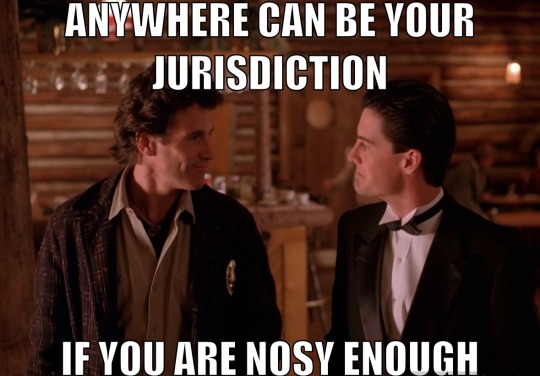
271 notes
·
View notes
Text
Follow the money.
#federal trade commission#trump tries to fire FTA commissioners#republican assholes#maga morons#traitor trump#crooked donald#republican hypocrisy#traitor#resist#republican values#republican family values#oligarchy#imagine oligarchs not being restrained by law
38 notes
·
View notes
Text
Trumps upset that the three people he appointed to the Supreme Court aren’t completely loyal to him and sometimes actual do rulings that make sense.
It’s kinda interesting that the two most loyal justices on the court got there long before trump. It’s almost like the justices he did appoint don’t care much what he has to say anymore because they have all the power in the situation. For anything to happen trump either needs to suck up to the Supreme Court at all times or he needs to ignore them. But I think he can only ignore so many Supreme Court decisions before people start to wonder if the United States is so united anymore. Not saying I want or think there will be a civil war just calling it as I see them
Also why are 90% of Elon’s responses on twitter the most bot replies ever?
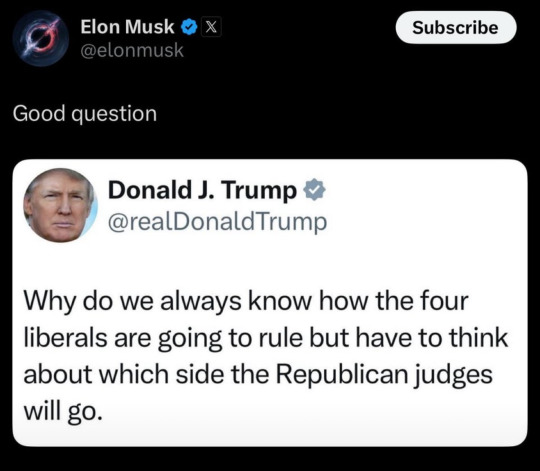
#Elon musk#Donald trump#trump administration#Supreme Court#American politics#politics#us politics#cbr politics#federal law#law#justice system
40 notes
·
View notes
Text
the department of education is being gutted before our eyes and its current ‘secretary’ is a woman accused of helping children get raped and trafficked. trump’s “i will fight for you (american children) and I will win for you” speech my ass.
#tumblr#us politics#donald trump#linda mcmahon#department of education#secretary of education#education#social justice#law#us government#federal funding#elon musk#jd vance#they only like children in the worst possible way any adult could like a child. and unshockingly no one really cares
30 notes
·
View notes
Text
youtube
#psa#potus 47#elections matter#democracyontheballot#local elections#state elections#federal laws#the more you know#Youtube
0 notes
Text
AOC and Bernie will be hosting town halls in Colorado, Nevada and Arizona next week
#bernie#bernie sanders#aoc#alexandria ocasio cortez#politics#political#us politics#progressive#news#democrats#democratic#democratic socialism#democratic party#democrat#democracy#president trump#donald trump#elon musk#american politics#jd vance#law#public health#medicare#medicaid#federal workers#federal budget#authoritarianism#fighting oligarchy#oligarchy#oligarchs
2K notes
·
View notes
Text
youtube
MSNBC's Ali Velshi talks with constitutional lawyer Kermit Roosevelt III.
A good portion of the discussion was on the 10th Amendment to the US Constitution. That amendment gives to the states or the people the powers not specifically delegated to the federal government. It's rather uncomplicated, just 161 characters.
The powers not delegated to the United States by the Constitution, nor prohibited by it to the States, are reserved to the States respectively, or to the people.
While it might be lost in Trump's other unconstitutional actions and hissy fits, the assault on the 10th Amendment has been getting additional scrutiny in New York.
And yes, Kermit Roosevelt III is the great-grandson of Teddy.
#the us constitution#10th amendment#federalism#donald trump#maga#doge#trump's unconstitutional actions#constitutional law#ali velshi#kermit roosevelt iii#Youtube
33 notes
·
View notes
Text
I'm just curious...
If yes: what media/characters specifically? I find this so interesting!
If not: have you ever considered a career choice based on a form of media you enjoy, but ended up not doing it?
#i changed majors to pursue history/archiving instead of interior design partially because of national treasure#and also a show called “who do you think you are”#but mostly national treasure#i always loved those movies so much and thought being an archivist sounded cool#no matter how many people told me it was a hard field to get into by golly i did it#and now i'm an archivist and i get to handle all sorts of cool stuff#i love my job#i also think in another life it would have been cool to work as a federal agent or something#i suppose i could still work for a federal law enforcement agency as an archivist if i wanted to#anyway i'm curious!!#tumblr polls#poll#career#fandom#fandom life
61 notes
·
View notes
Text
funniest answer for "what happened during Jason's fight with Krios" is, rather than Jason having a physical one-on-one unarmed fight with Krios, Jason just tears Krios a new one re: legislation by chewing him out for unauthorized activity in a state park. Because one of Jupiter's big aspects is law!
Jason sends the entirety of the Titan Army forces in California marching out of Mt. Tam State Park with their tails between their legs with one strongly worded argument and some threats to inform San Francisco Fish & Wildlife. And he gets made praetor for it.
#pjo#riordanverse#jason grace#was joking about Jason both forgetting about but also being overly familiar with san fran's fish and wildlife legislation yesterday#what do you think are the chances that because of the Mist and him being raised by Lupa's pack that legally Jason's considered a wolf#a la Doofenshmirtz legally being an ocelot. cause the mortals are probably aware of Lupa's pack right?#they're a magic immortal wolf pack but they *are* just wolves. but Jason was a whole baby human.#the Mist would probably disguise him but not the pack as a whole. so it'd be funny if just as far as California is concerned#Jason is just a wolf pup from this random pack. and he pulls that out at random opportunities as a running joke#''Sorry. I'm protected under Wolf Conservation Law. Under the California and Federal Endangered Species Act it's illegal to harass me.''
392 notes
·
View notes